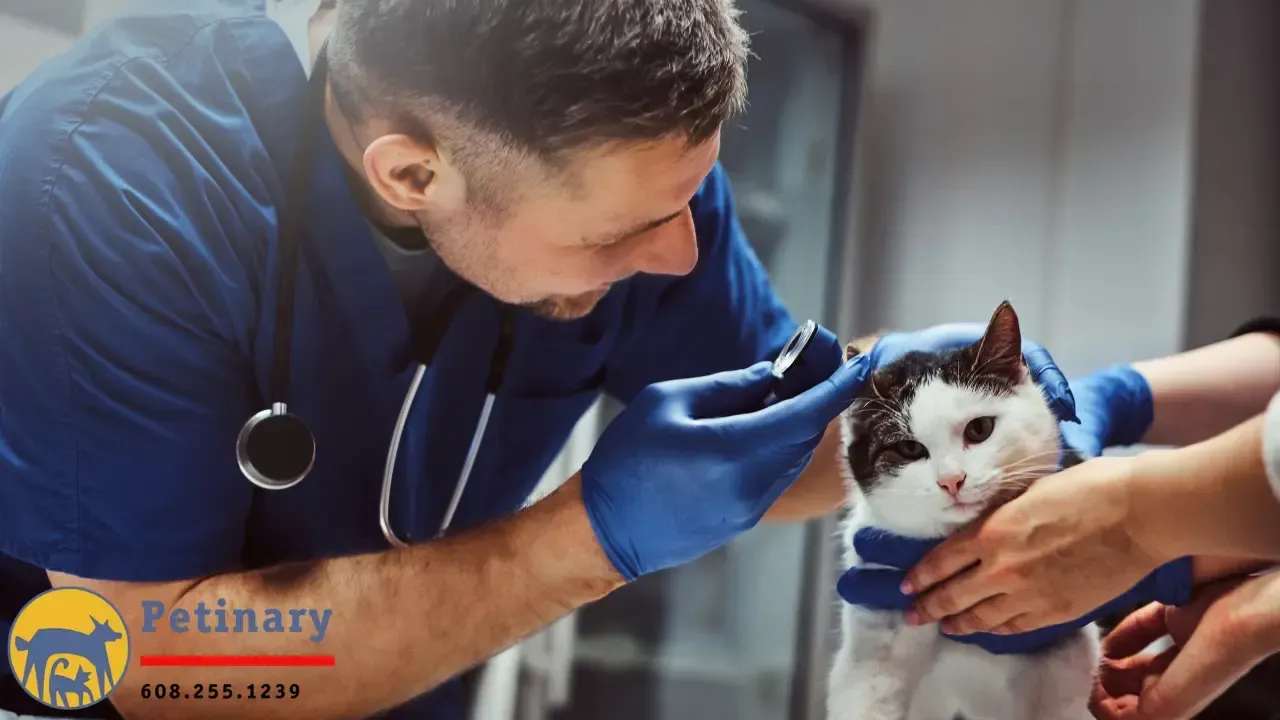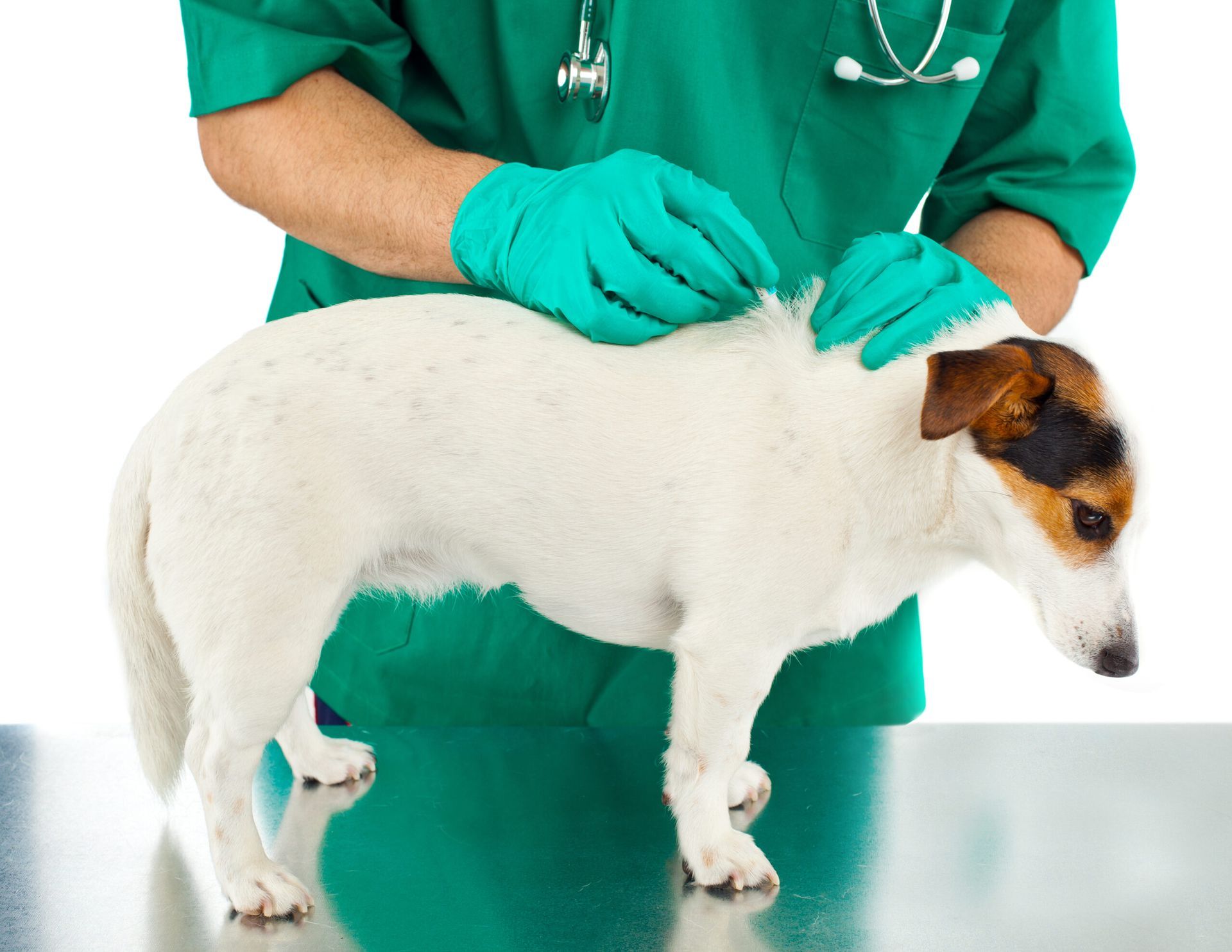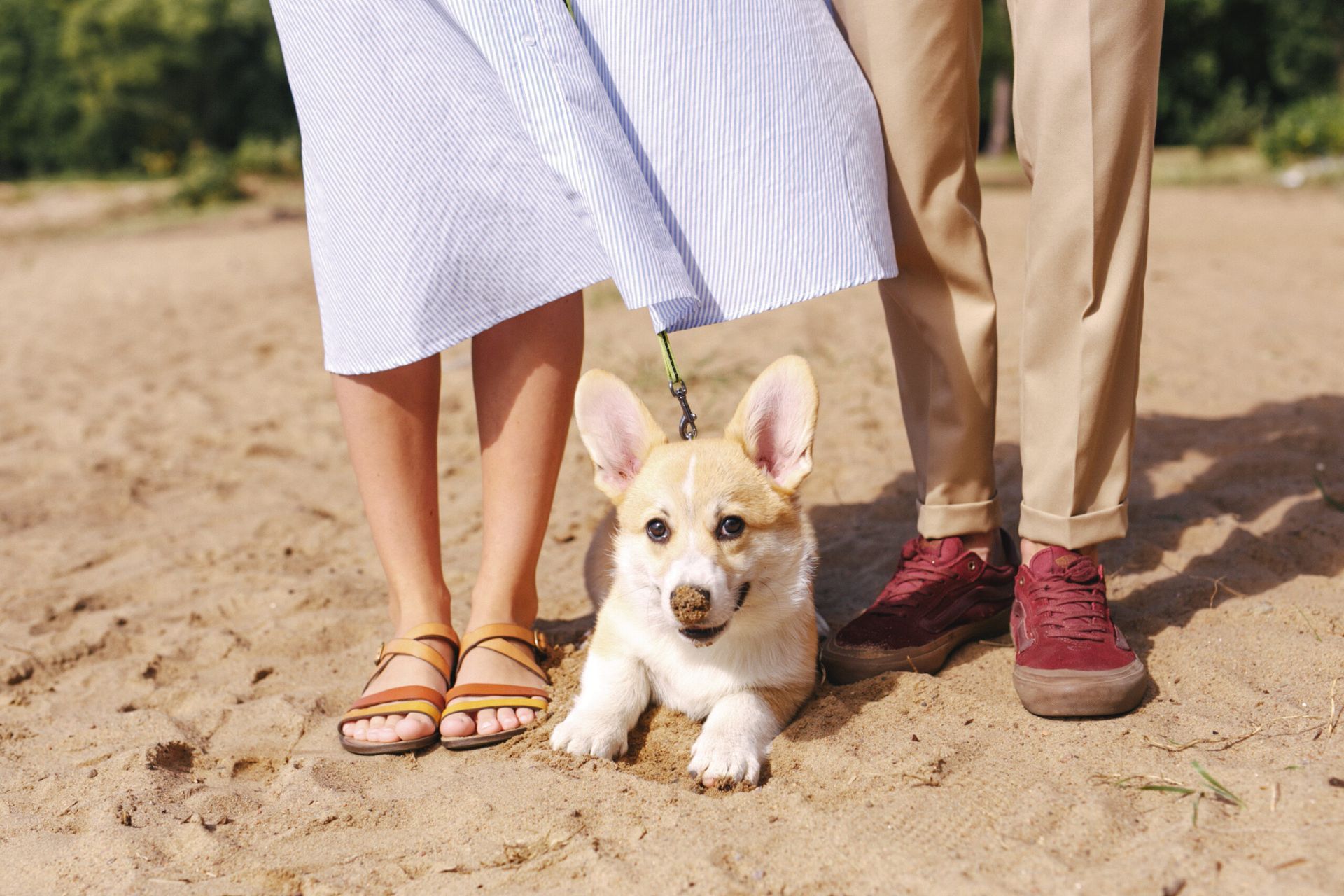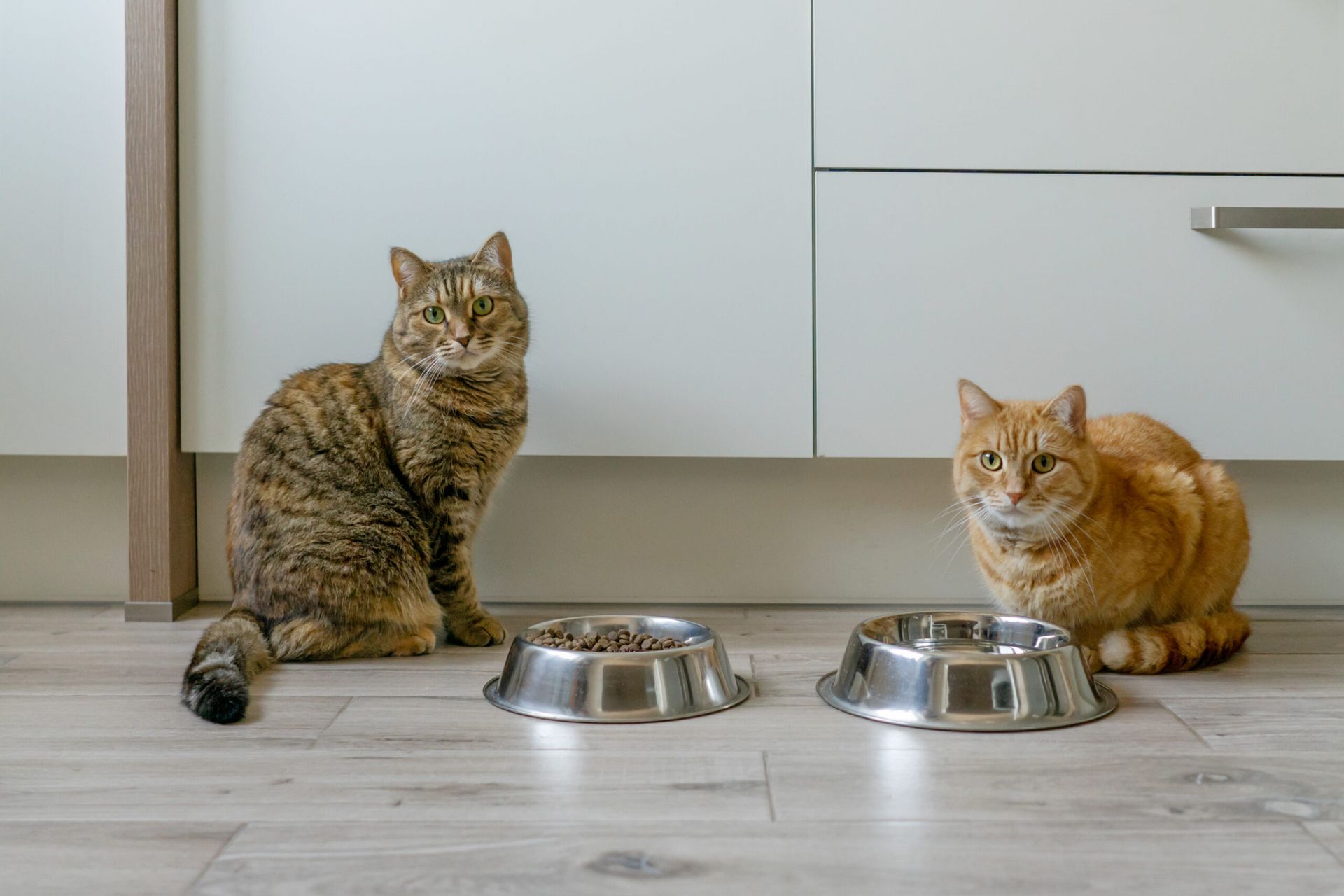Veterinary Clinic
Vaccinations For Our Furry Companions By Mike Kohn DVM
Vaccinations are important for our canine and feline companions. Nevertheless, we are generally over-vaccinating them.
“Anytime you inject anything into a patient you have the potential of killing them” Ron Schultz Ph.D., Professor Emeritus University of Wisconsin specializing in Immunology and Virology.
Dr. Schultz’s research identifies that kittens and puppies should not be given vaccinations prior to 8 weeks of age since this can interfere with the natural immunity in their systems conferred by the colostrum or first milk of their mothers. In case the immune status of the mother is unknown, or the animal comes from a shelter (most likely dropped off or stray), Vaccination between 5-6 weeks is the usual protocol. Animals in a compromised immune state such as illness, injury, being anesthetized for any surgical procedure (ie. spay or neuter), pregnant, nursing, or over 10 years of age, should not be vaccinated.
Preferably Vaccinations Should be Given at separate times at least 3 weeks apart. However, for most clients, the canine or feline “distemper” Vaccine and rabies vaccination with caution can be given together.
My recommendation is for kitten and puppy vaccination (FVRCP and DP) at 8 weeks of age and again at 16 weeks of age. The rabies vaccinations are given at 16 weeks of age. Revaccination of these previous vaccinations 1 year later and every 3 years thereafter. Additionally, I prefer cutting off all vaccinations by 10 years of age if not sooner. Research studies have clearly shown that most injectable cat and dog vaccines are good for at least 7 years. If a dog spends time in a high-risk area ie. In far northern Wisconsin, Lyme vaccination may be warranted.
Daycare and boarding facilities may require yearly immunization against Kennel Cough (Bordetella). We only give a correlation between the increased cancers seen in cats and dogs and over-vaccinating.

Understanding the Risks Associated with Outdoor Cats and the Vital Role of Your Trusted Veterinarian








